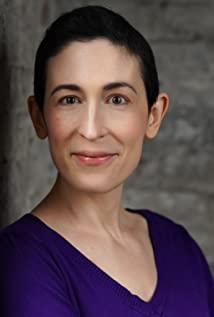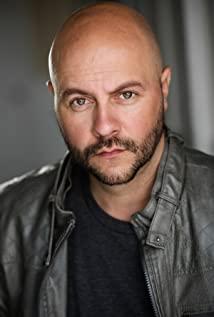The various fragments of her life described in the film are mixed with their voice-overs. Most of them are full of mixed emotions of anger, disdain, helplessness, complaining, and loss. Only a few fragments shine in the miscellaneous in one place— —The brief time when I first met and lived with my ex-husband, the moment when I smiled at the cheering crowd at the peak of my sports career, the mother came to comfort and tell her "you're great" (albeit under deceived circumstances) , and the moment when the little girl came up to say "I want to be like you" before the verdict.
To be loved, that feeling is what she has longed for and regretted all her life.
More than once, Tonya will rush forward and ask the judges: "Why give me unfair points, my technical movements are better than theirs". Why can't you just judge me? In fact, she already knew the answer. At the same time, a family lacking father and mother love, a childhood lacking friendship, a growing background lacking education, and a marriage lacking a sense of security... filled her life with frustration. But even in the midst of a scandal, the mother's disguised kindness and relief can still make the unwitting Tonya burst into tears and not accustomed to open her arms to hug the grumpy mother. Being loved is her life's hope, and skating can bring her that feeling of being loved.
But the truth is that after people gave her "love", they couldn't wait to destroy her with "spit". This is true for audiences, for media, and for families.
Tonya understands this deeply, and continues to struggle in life from the glory to the bottom of the catastrophe.
"It's not my fault", a phrase she often used to say, seems to be numb and relieved, and the irony of life implied in it is reflected in this.
View more about I, Tonya reviews











